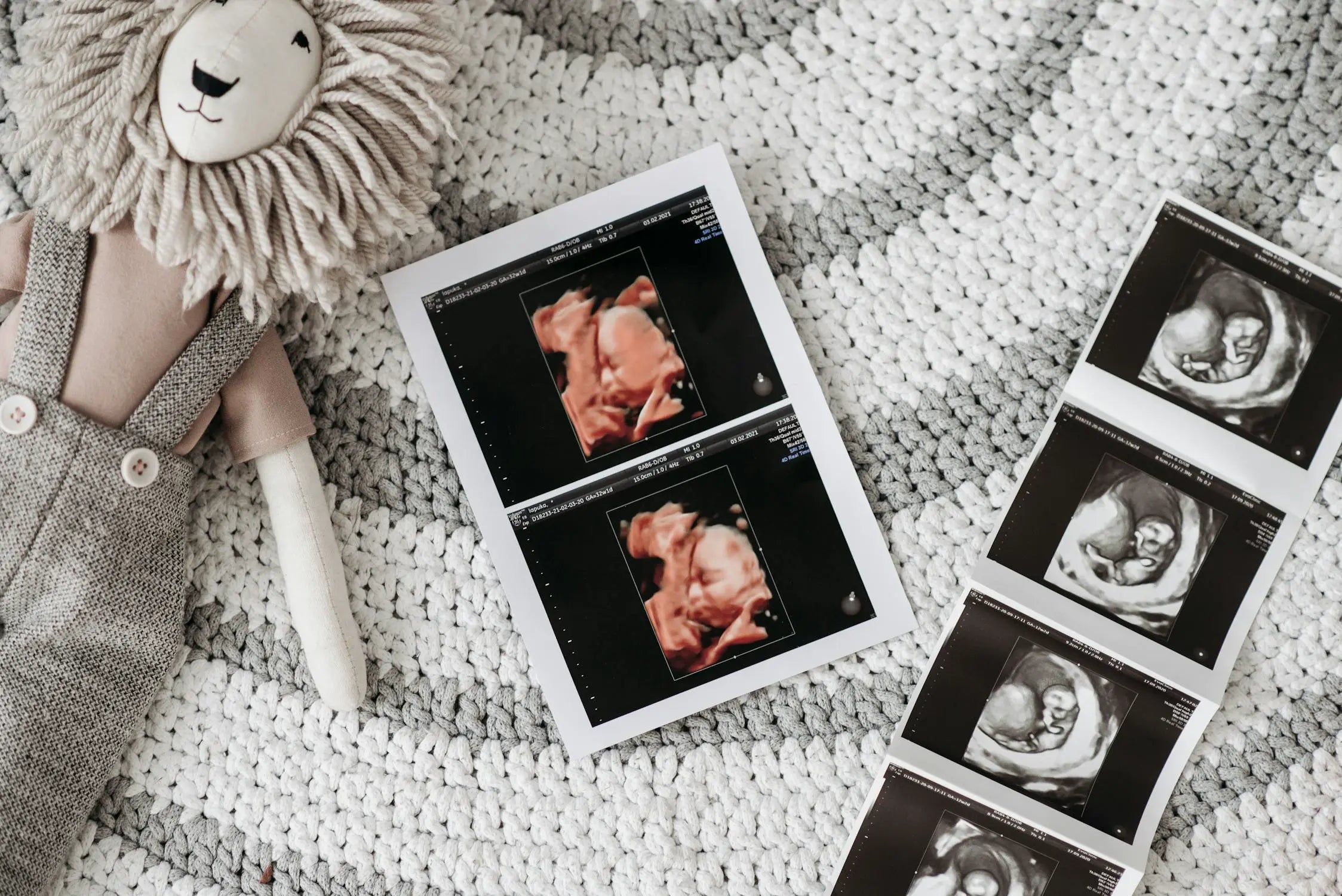Inicio
Pregnancy, Breastfeeding, and Pumping: The Ultimate Guide for Moms
Can a Cryptic Pregnancy Show on a Pregnancy Test?

Can a Cryptic Pregnancy Show on a Pregnancy Test?
Pregnancy tests are often considered the gold standard for confirming pregnancy, but what happens when a pregnancy remains undetected even by these tests? Cryptic pregnancies, also known as stealth pregnancies, are rare occurrences where a woman is unaware she is pregnant until late in the gestation period or even until labor begins. This raises the question: can a cryptic pregnancy show on a pregnancy test?
Understanding Cryptic Pregnancies
Cryptic pregnancies are pregnancies that go unnoticed for an extended period, often due to a lack of typical pregnancy symptoms or irregular menstrual cycles. These pregnancies can be perplexing for both the individual experiencing them and medical professionals. While most pregnancies are confirmed through a combination of symptoms, physical changes, and positive pregnancy tests, cryptic pregnancies defy these norms.
How Pregnancy Tests Work
Pregnancy tests detect the presence of human chorionic gonadotropin (hCG), a hormone produced by the placenta after a fertilized egg implants in the uterus. Most home pregnancy tests are designed to detect hCG levels in urine, while blood tests can measure hCG levels more precisely. Typically, hCG levels rise rapidly in early pregnancy, making it possible to detect pregnancy within a few weeks of conception.
Can a Cryptic Pregnancy Show on a Pregnancy Test?
The answer to this question is not straightforward. In most cases, a cryptic pregnancy will eventually show on a pregnancy test as hCG levels rise. However, there are scenarios where this may not happen. For instance, if hCG levels are unusually low or if the test is taken too early, it may yield a false negative result. Additionally, certain medical conditions or medications can interfere with hCG production, further complicating the detection process.
Factors Contributing to Cryptic Pregnancies
Several factors can contribute to the occurrence of a cryptic pregnancy. These include irregular menstrual cycles, polycystic ovary syndrome (PCOS), and a lack of typical pregnancy symptoms such as nausea or fatigue. In some cases, psychological factors, such as denial or stress, may also play a role. Women who have been told they are infertile or who are using contraception may be less likely to suspect pregnancy, further delaying detection.
Real-Life Implications of Cryptic Pregnancies
Cryptic pregnancies can have significant emotional and physical implications. For the individual, discovering a pregnancy late in the term can be shocking and overwhelming. It can also pose challenges for healthcare providers, who must quickly adapt to provide appropriate care. In some cases, cryptic pregnancies have led to unexpected deliveries in non-medical settings, highlighting the need for awareness and understanding of this phenomenon.
Myths and Misconceptions
There are many myths surrounding cryptic pregnancies, including the belief that they are always the result of negligence or denial. In reality, cryptic pregnancies can occur for a variety of reasons, many of which are beyond an individual's control. Another common misconception is that cryptic pregnancies are always high-risk. While late detection can pose challenges, many cryptic pregnancies result in healthy deliveries.
What to Do If You Suspect a Cryptic Pregnancy
If you suspect you may be experiencing a cryptic pregnancy, it is important to seek medical advice. A healthcare provider can perform a thorough evaluation, including blood tests and ultrasounds, to confirm or rule out pregnancy. Early detection and prenatal care are crucial for ensuring the health and well-being of both the mother and the baby.
Cryptic pregnancies are a rare but intriguing aspect of reproductive health that challenge our understanding of pregnancy detection. While most cryptic pregnancies will eventually show on a pregnancy test, there are exceptions that highlight the complexity of this phenomenon. By increasing awareness and understanding, we can better support individuals who may experience a cryptic pregnancy and ensure they receive the care they need.
Compartir
